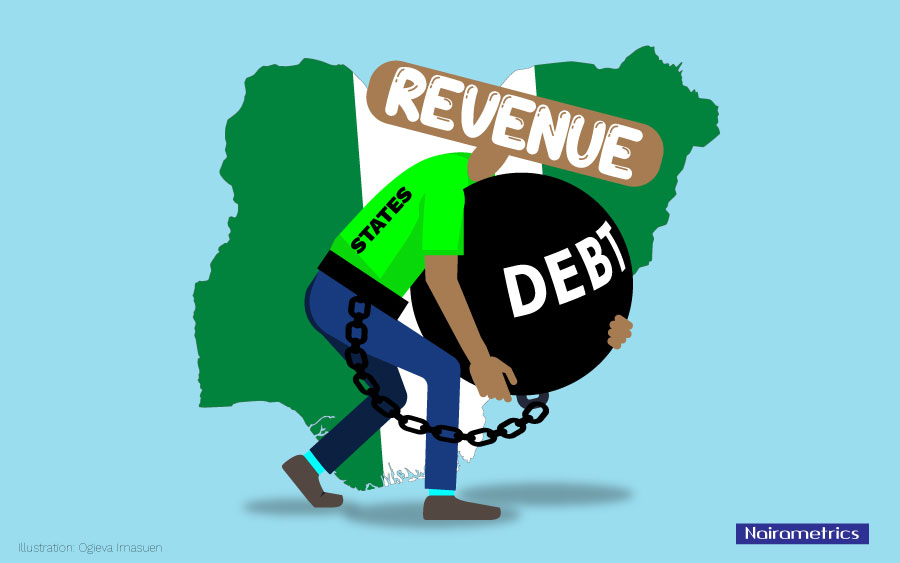- Trapped in $1.2bn bank debt, $800m IHS bond
- Poor network disrupt services
By Odunewu Segun
Poor network investment, occasioned by 41.2bn debt to eight commercial banks in Nigeria has adversely affected Etialat’s ability to deliver quality service, making the once vibrant telecom company to lose about 2.9 million subscribers in the last six months, National Daily findings has revealed.
While rival companies like Globalcom increased their customers’ base from 36.9 million to 37.3 million, Airtel grew from 34.1 million to 34.6 million between September 2016 and end of March 2017, Etisalat’s subscribers dropped from 22.5 million to 20.5 million in December alone.
Industry leader, MTN also dropped subscribers from 60.5 million to 60.3 million.
Although the company, through its Vice-President, Regulatory and Corporate Affairs, Etisalat, Nigeria, Ibrahim Dikko insists that remarkable progress had been made to resolve the crisis, about 1.2 million subscribers exited its line in the first quarter of 2017.
The drop, thus, represents a loss of about N3.1bn potential revenue for Etisalat for the quarter, going by the industry’s average revenue of N1, 830 per user, according to the quarterly subscriber operation data obtained from the Nigerian Communications Commission.
The exodus, National Daily gathered, cost the telecom company a potential revenue of about N3.8bn.
Apart from owing eight local banks, it was also discovered that the company owed tower firm, IHS Nigeria. This was made known by the IHS, which said that it had experienced instability in terms of timing of settlement of invoices with certain customers including Etisalat.
ALSO SEE: Etisalat loan talks reach deadlock
The IHS also has an $800m bond, which is partly securitised from the cash flows of the Etisalat lease.
“We do experience volatility in terms of timing of settlement of invoices with certain customers. We have a strong relationship with Etisalat and it has continued to make some payments under our Master Lease Agreement.”
An analyst with JP Morgan, Zafar Nazim, said that it had downgraded the IHS bonds due 2021 because of Etisalat Nigeria as it was uncertain whether the company could keep up with the lease commitments.
“Should Etisalat Nigeria go into bankruptcy proceedings, we believe its creditors will want to maximise recovery prospects by continuing normal mobile network operations, which include payments to the IHS for use of its tower infrastructure,” it said in a statement.
However, a source in one of the telecom companies disagreed that Etisalat’s quality services had disappeared because of the loan crisis and that subscribers were porting away due to poor services and reduced expansion.
She said, “It would rather be convenient to say that due to steps taken to pay the $1.21bn debt, it (Etisalat) currently doesn’t have the kind of cash flow for product development, product activation, promos and advertising, and other activities that should retain its customers at the bottom of the pyramid.”

 Entertainment5 days ago
Entertainment5 days ago
 Health1 week ago
Health1 week ago
 Health4 days ago
Health4 days ago
 Football1 week ago
Football1 week ago
 Football1 week ago
Football1 week ago
 Crime4 days ago
Crime4 days ago
 Education6 days ago
Education6 days ago
 Crime1 week ago
Crime1 week ago











